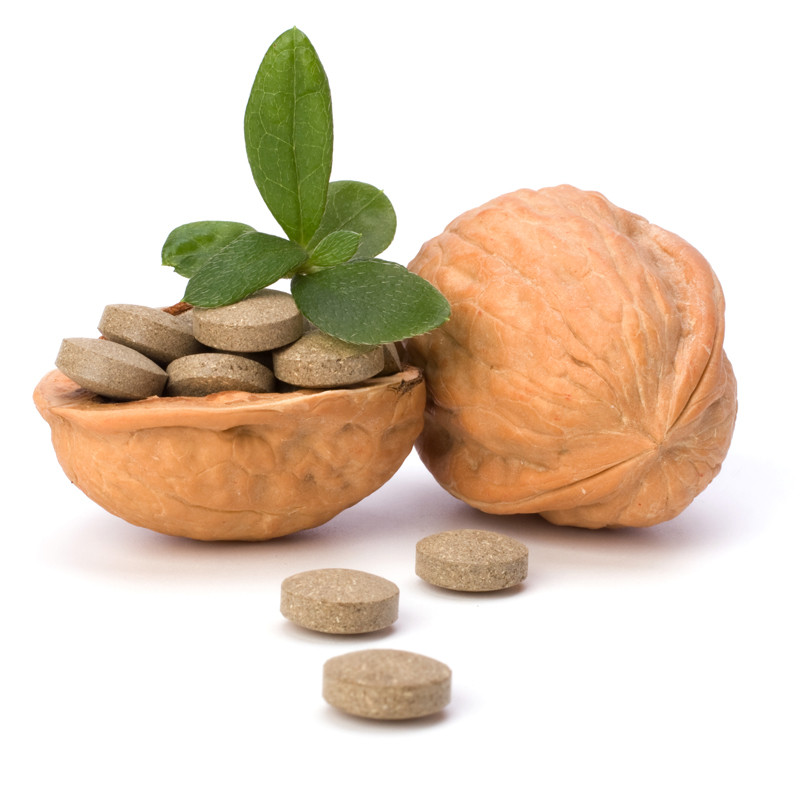Whether you’ve just been diagnosed with diabetes type 2 or you’ve been treating it for years, it’s important to stay on top of potential side effects of your medications. For example, MetforminTM can deplete levels of vitamin B12—and without supplemention, damage to the nervous system can result.
That’s just one side effect, but even natural approaches to reducing blood sugar can have side effects.
For example, there’s berberine—a phytochemical naturally found in plants like goldenseal, barberry and Oregon grape root. When taken as a supplement, this naturally bitter substance has been licensed in Canada for blood sugar control because it’s very effective in reducing blood sugar in those with elevated levels of glucose.
But berberine has other effects, too.
Gallbladder contraction: For one, its bitterness stimulates the gall bladder to contract and release bile—an important substance in the digestion of fats. This is a nice bonus of using berberine, UNLESS you’ve been diagnosed with gallstones. I repeat: if you have gallstones, taking berberine or the herbs it comes from is NOT a good idea. That’s because the contraction of the gallbladder can increase your risk of having a (painful) obstruction, which can lead to acute pancreatitis ( a medical emergency!)— or, it could even require gall bladder removal. In either case, not fun!
Another largely unacknowledged property of berberine is that it’s an anti-microbial. That means it kills bacteria, fungi, and other micro-organisms that cross its path. Again, this sounds great for your immune system, but what about your intestinal microbiome? Berberine does not distinguish between ‘good’ and ‘bad’ microbes; instead, in fact, it can kill the vast majority of gut-residing species. For this reason, taking berberine day after day for years could have a complex set of undesirable effects, ranging from digestive complaints, to hormone imbalances, to mood and energy problems.
Don’t get me wrong: I love berberine-containing botanicals, and have recommended them successfully for all three of its benefits in various clients. But we have to remember that most natural ingredients do more than just one thing.
Bottom line: If you decide to take berberine to help control your blood sugar:
First, make sure you’re not pregnant, and that you don’t have symptoms of gallstones.
Monitor your dosing and blood sugar fastidiously and keep a record of these values.
Make sure you take a probiotic supplement to replenish your good gut bacteria (at bedtime for best results).
Be sure to tell your doctor you’re taking it to help understand why your blood sugar values are changing.
Finally, make sure you have a knowledgeable health practitioner evaluate whether you are truly a good candidate for berberine supplementation before trying it. It’s powerful stuff!
